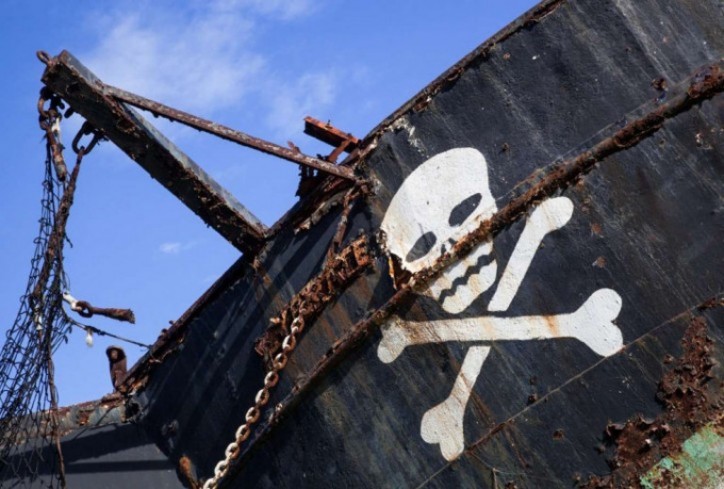The seas in Asia, and South-east Asia particularly, are getting a little safer. According to the Information Sharing Centre of ReCAAP, or the Regional Cooperation Agreement on Combating Piracy and Armed Robbery Against Ships in Asia, there has been a significant drop in piracy in the Straits of Malacca and Singapore in the year past, with just one reported incident in the first 11 months of 2016, against 104 in the year-earlier period. For all of Asia, there were 77 attempts at robbery at sea or piracy, a drop of 60 per cent. However, the Sulu-Celebes Sea, off eastern Sabah, continues to cause concern because of the high incidence of crew abductions, underscoring the uncompleted journey towards making seas safe.

It was not too long ago that the United Nations declared the most perilous seas to be the stretch of water from Malaysia's westernmost corner to the tip of Indonesia's Bintan Island. Between 1995 and 2013, this was the location of more than 40 per cent of pirate attacks, whereas the west Indian Ocean, which includes the notoriously lawless Somali coast, accounted for 28 per cent of attacks. In that period, by some counts, 136 seafarers were killed in South-east Asia, twice those killed in the Horn of Africa. With more than 120,000 ships traversing the waterway each year, the area offers rich pickings to criminals. For this reason, the drop in piracy is to be especially lauded.
ReCAAP, located in Singapore, has played a big role in this endeavour. In the decade since it began functioning in September 2006, its membership has risen from 14 contracting parties to 20 currently. That list includes the United States, China, Japan and India, along with South-East Asian states except for Malaysia and Indonesia. Regional rivalries are said to be in play for this omission. It is possible that Malaysia may not wish to see a potential rival to the International Maritime Bureau Piracy Reporting Centre that is located in Kuala Lumpur, while Indonesia may wonder why it was not chosen to host the facility even though the Indonesian archipelago has an extensive coastline.
This is a pity. The fight against piracy requires all hands on deck, so to speak. While countries are differently abled when it comes to resources for combating piracy, there is little doubt that sharing of responsibility, and information, can only aid the effort. Indonesia, particularly with President Joko Widodo announcing his intention to promote the country's maritime economy, has much to gain and little to lose by signing up. Its current battle against growing extremist ideology has been aided visibly by intelligence-sharing with other nations, including the United States. Likewise, a future fusing of traditional and non-traditional security challenges cannot be ruled out. A battle has been won but the war could be prolonged.
Source: Straits Times